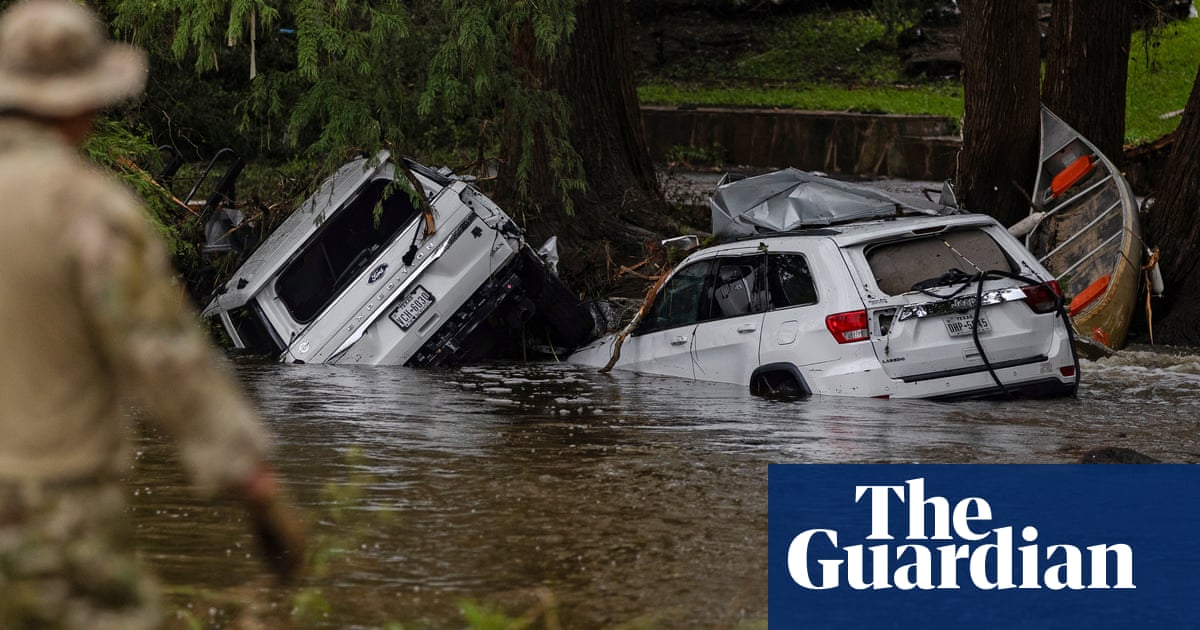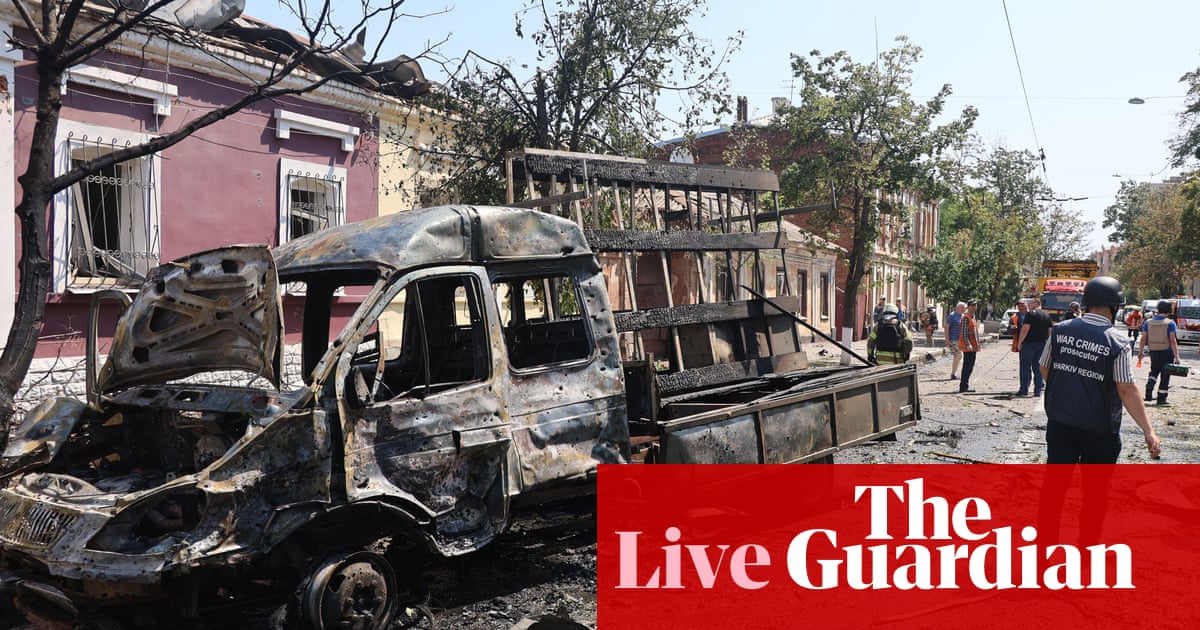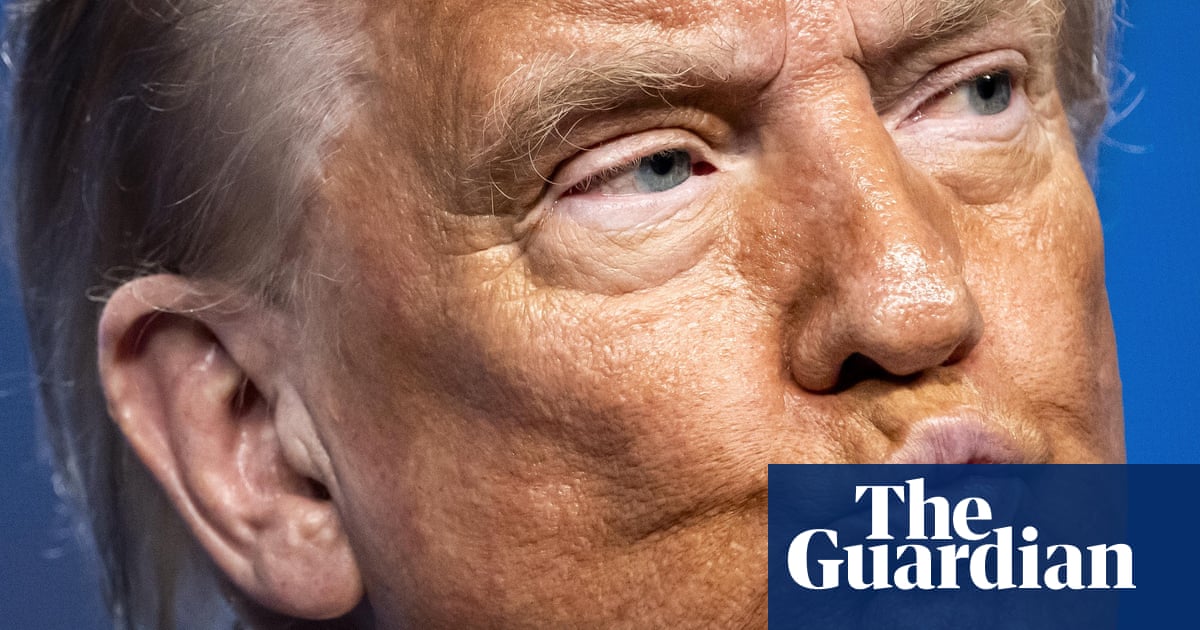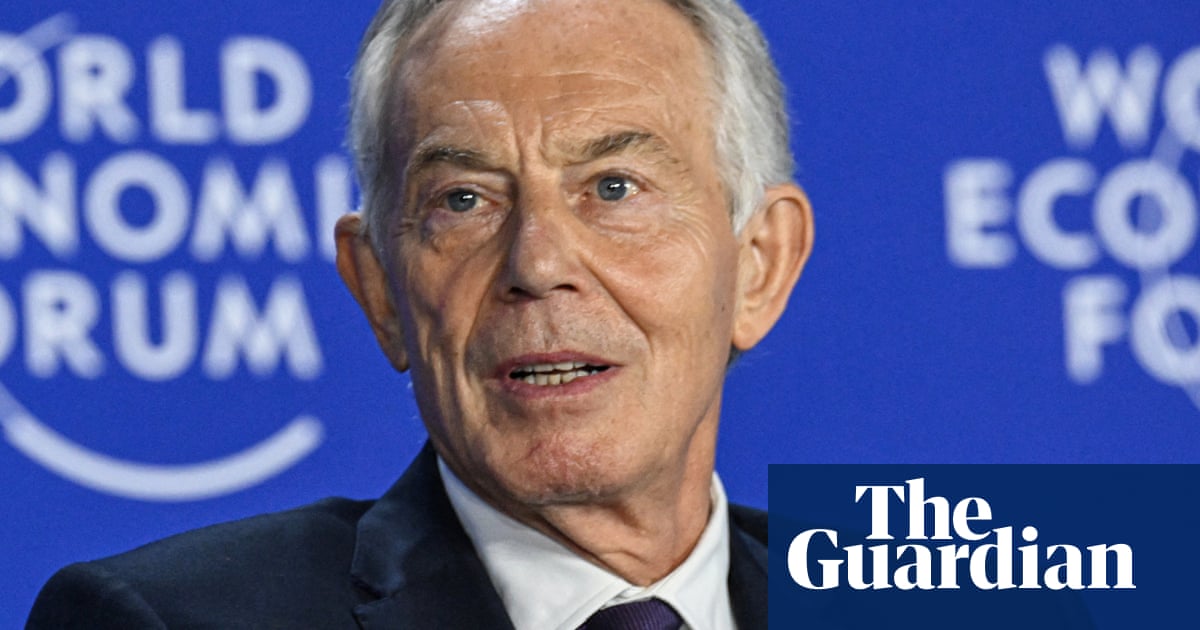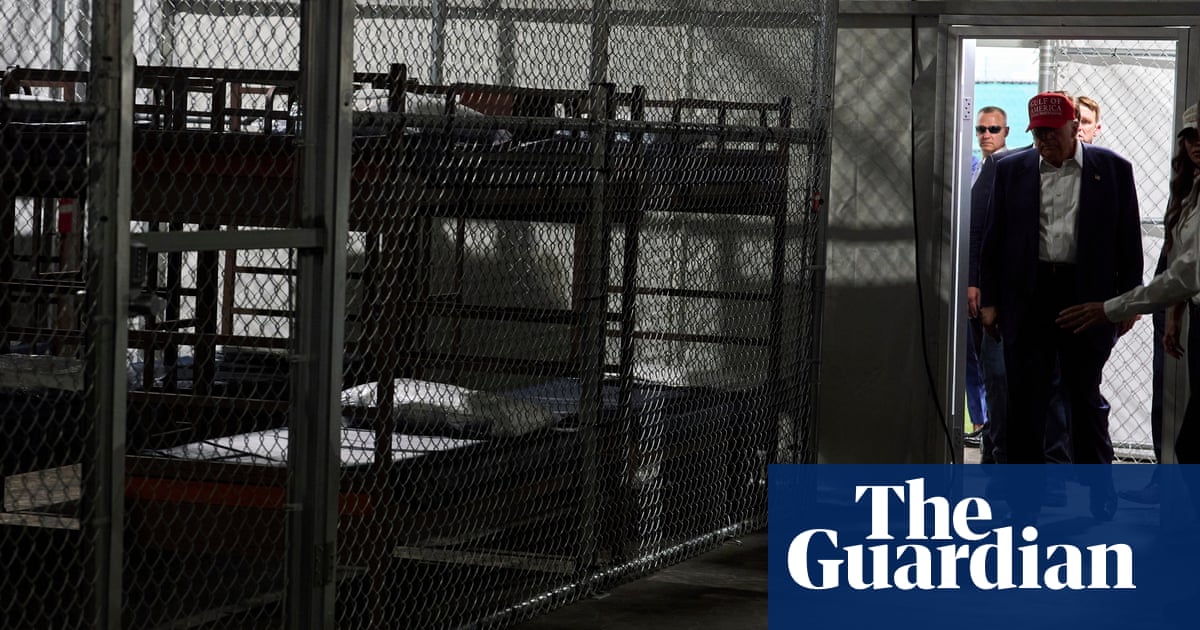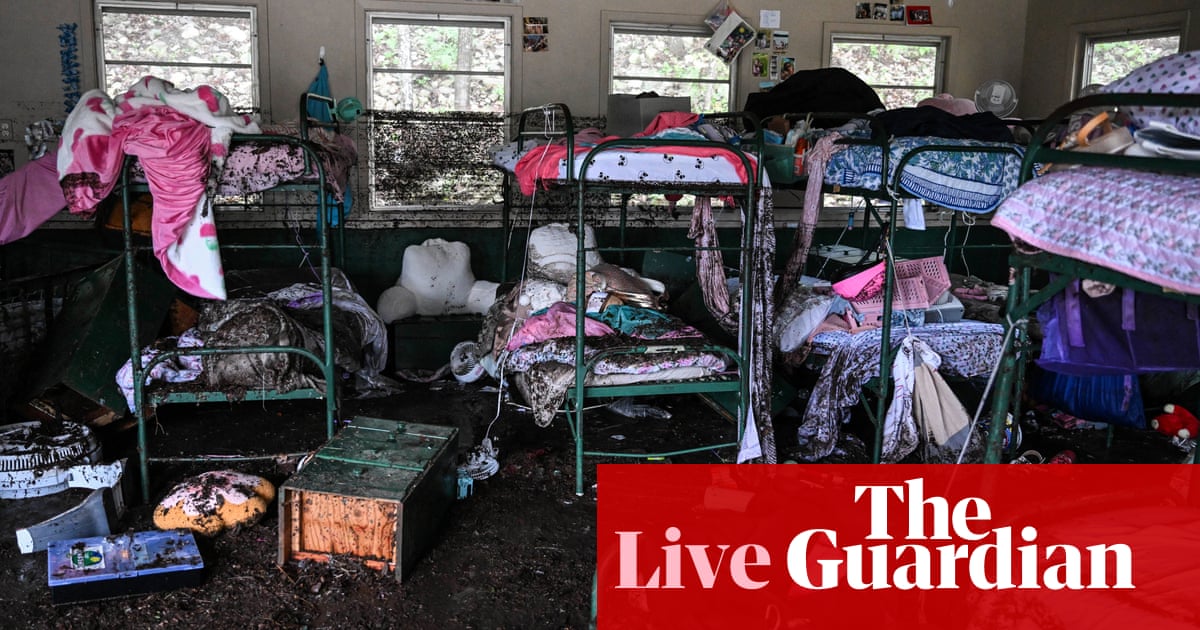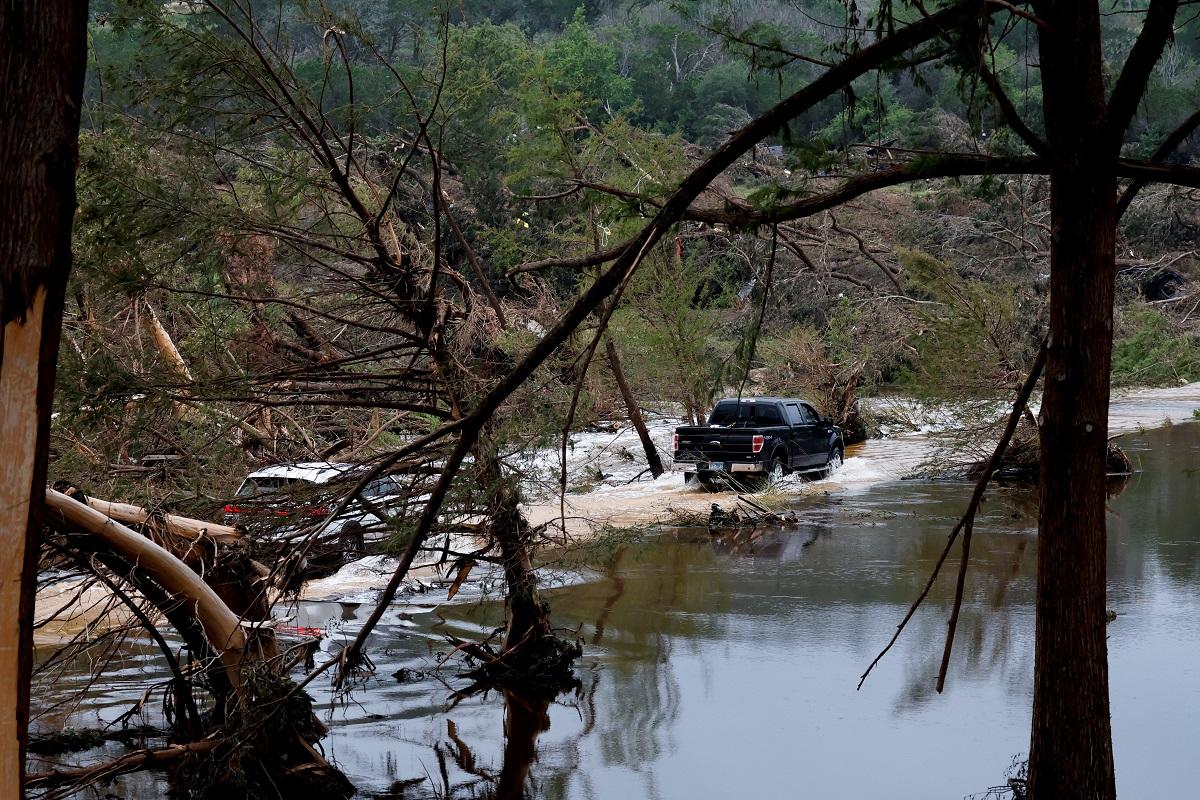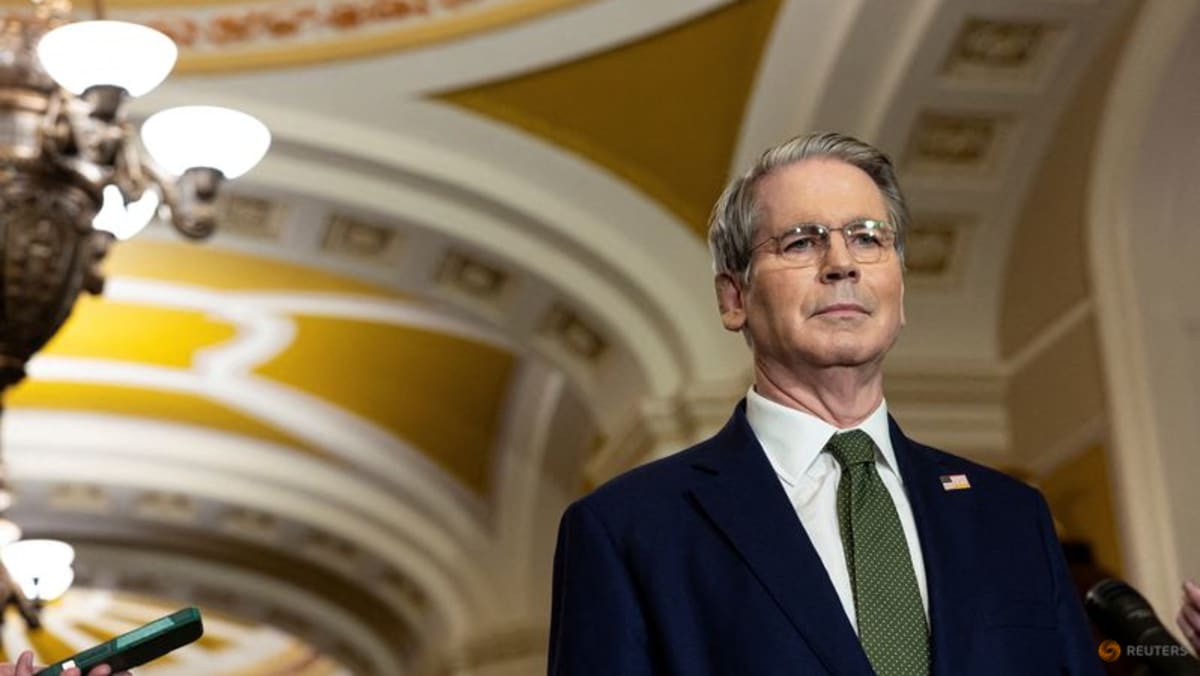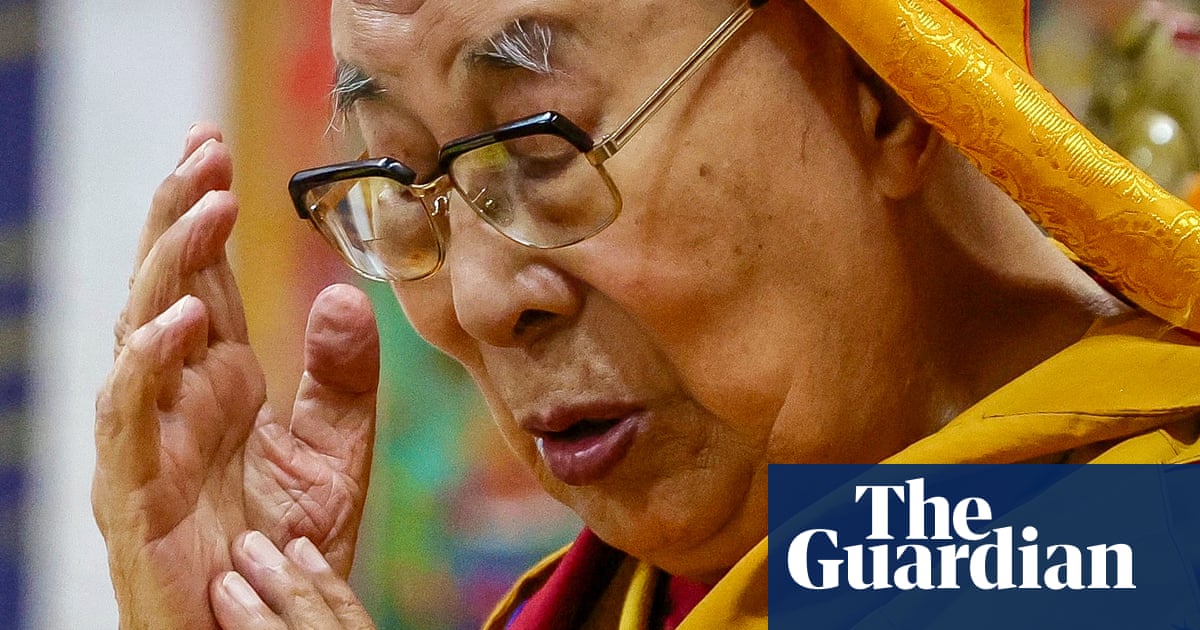ICC Issues Arrest Warrants for Taliban Leaders Over Persecution of Women and Girls
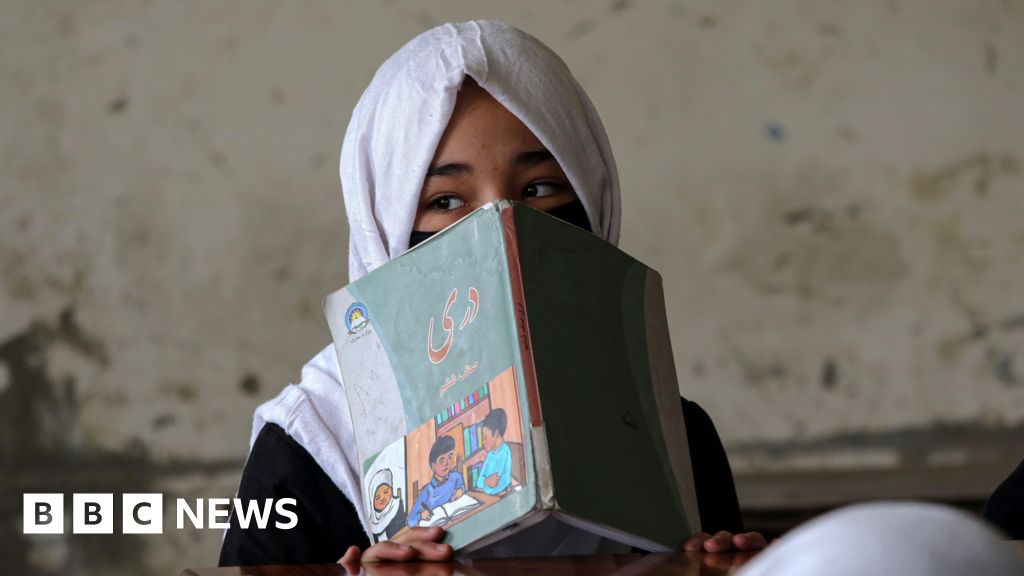
The International Criminal Court (ICC), based in The Hague, has formally issued arrest warrants for two prominent leaders of the Taliban, citing serious allegations of crimes against humanity linked to their treatment of women and girls in Afghanistan. The ICC's decision follows a thorough investigation, revealing what it describes as 'reasonable grounds' to believe that Supreme Leader Haibatullah Akhundzada and Chief Justice Abdul Hakim Haqqani have engaged in systematic persecution since the Taliban regained power in August 2021.
Since their takeover, the Taliban has imposed a series of harsh restrictions that have severely undermined the rights of women and girls. One of the most significant measures has been the prohibition on girls over the age of 12 from attending school, effectively barring them from receiving an education. This has resulted in a generation of young women deprived of educational opportunities, which are crucial for their personal development and future prospects.
In addition to educational bans, the Taliban has restricted women's ability to work, with many jobs now inaccessible to them. Restrictions extend to travel, where women are often required to have a male chaperone if they wish to go beyond a certain distance. Furthermore, they have been subjected to decrees limiting their ability to speak loudly in public, a measure that has raised concerns about their freedom of expression.
The ICC's statement underscores the targeted nature of these restrictions, emphasizing that while the Taliban's rules apply to the entire population, they specifically infringe upon the rights of girls and women. The United Nations has likened these actions to a form of 'gender apartheid', highlighting the severity and discriminatory nature of the Taliban's policies.
In response to the ICC's arrest warrants, the Taliban has rejected the court's authority, declaring that it does not recognize the ICC and labeling the warrants as a 'clear act of hostility'. They further described the warrants as an insult to the beliefs of Muslims globally, framing their actions as aligned with their interpretation of Afghan culture and Islamic law.
Supreme Leader Haibatullah Akhundzada has been at the helm of the Taliban since 2016, overseeing the group’s operations and strategies. He has previously engaged in Islamist factions during the 1980s, fighting against the Soviet invasion of Afghanistan. Abdul Hakim Haqqani, the chief justice, has strong historical ties to the Taliban's origins, having been a close associate of its founder, Mullah Omar, and played a crucial role in negotiations with US representatives during peace talks in 2020.











